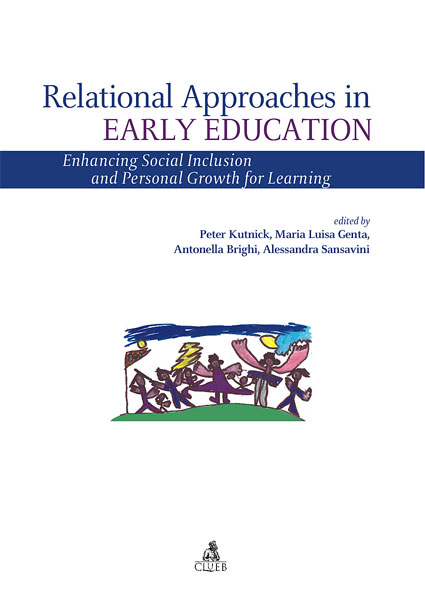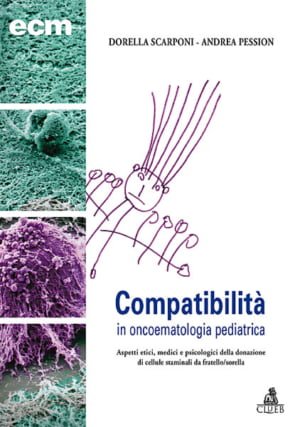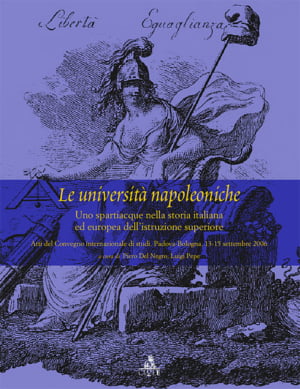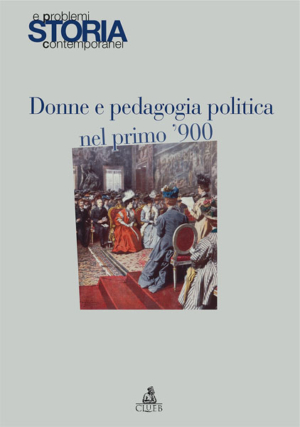Descrizione
[dropcap]T[/dropcap]he significance of relational approaches in early education has become increasingly recognised, but there is relatively little research on the topic. The study reported in this volume was a collective effort by researchers in six European countries (England, Finland, Greece, Italy, Spain and Sweden) originally designed in response to European Union concerns for making early education more ‘attractive’, promoting knowledge and personal development, and enhancing social cohesion and inclusion. The study identifies major concerns about life and interaction within preschool settings and aims to contribute new methodological tools for early education research, developing a number of theoretical explanations regarding social and cognitive development of preschool children and providing recommendations for development of practice within early education settings.
The first phase of the study represents a mapping out, both quantitatively and qualitatively, of the context of relationships that young children are likely to encounter during their early education experience in preschool settings. The second phase takes up the challenge to develop relational approaches and activities that practitioners could include within their early education settings to enhance the learning and social competence effects of peer relations.
The relational approach adopted here is based on a social, developmental model of relationships – developing interpersonal trust and sensitivity, reciprocal communication and joint working skills. The results point out that the social pedagogic context must be recognised as a fundamental aspect to learning and development. It becomes crucial to develop teachers’ awareness of the importance of peer-based early education practices and to identify programmes that may be integrated into classrooms to enhance social inclusion and cognitive development.










Recensioni
Ancora non ci sono recensioni.